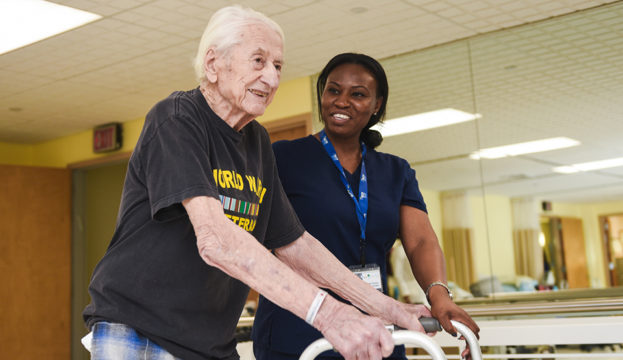Equilibrium and stability are crucial elements of bodily wellness and general well-being. They serve a critical part in everyday tasks, sports capability, and harm avoidance. When an person has strong equilibrium and steadiness, they are less likely to fall or sustain injuries during physical activities. One effective way to assess these qualities is through Practical Motion Assessment (FMS). FMS is a method used to analyze motion styles and recognize discrepancies or deficiencies that could result to harm.
Practical Motion Assessment involves a series of specific tests that assess how effectively a individual functions. The tests concentrate on fundamental movements such as squatting, lunging, and bending. By observing these movements, trainers and healthcare professionals can determine areas where an person may have difficulty. For instance, if someone has trouble keeping equilibrium while performing a squat, it may indicate a need for targeted exercises to improve strength and coordination. This assessment not only identifies deficiencies but also helps to monitor advancement over a period.

In addition to this to recognizing areas for athletic injury rehab enhancement, FMS serves a crucial part in preventing injuries. Many damages occur as a consequence of inadequate motion mechanics, which can be detected through functional evaluations. By tackling these problems early on, individuals can reduce their risk of harm during athletic or other bodily activities. For example, a runner who shows an discrepancy in their gait may be more prone to leg harm. By adjusting these discrepancies through specific training programs, the likelihood of harm can be substantially decreased.
Furthermore, enhancing performance is another benefit of conducting a comprehensive assessment of equilibrium and steadiness. Sportspeople and active individuals often seek to improve their capability in particular sports or tasks. A thorough understanding of their movement styles allows coaches to create personalized training programs that focus on specific weaknesses. By enhancing equilibrium and stability, athletes can improve their total performance, whether it’s running more quickly, leaping higher, or executing exact movements in their sport.
In summary, visit this page the significance of assessing equilibrium and steadiness through Functional Movement Assessment cannot be exaggerated. This comprehensive assessment serves as a basis for enhancing bodily fitness, preventing injuries, and improving sporting performance. By recognizing areas of deficiency and implementing targeted exercise strategies, individuals can attain better results in their physical exercises. Focusing on balance and steadiness not only results to improved performance but also adds to a healthier, increasingly energetic lifestyle.